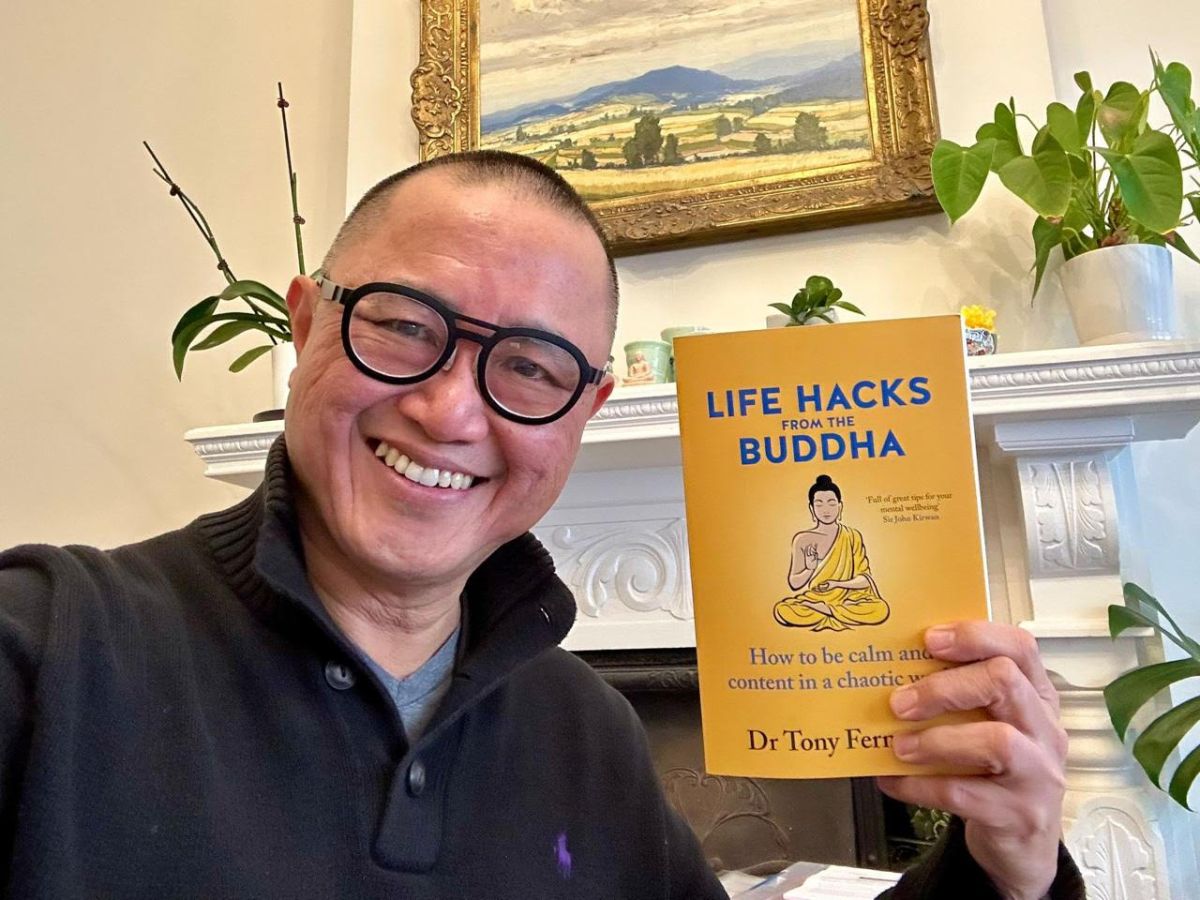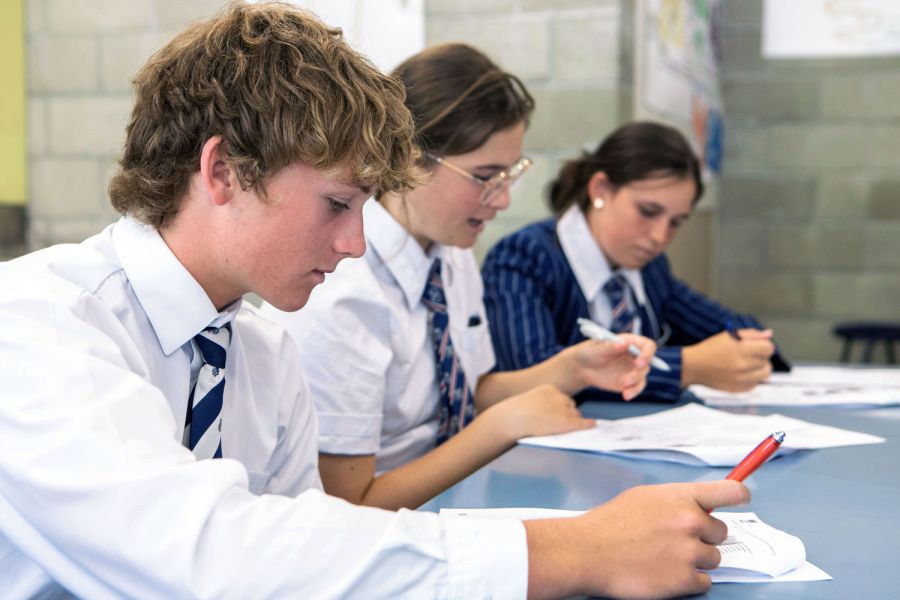Dr Tony Fernando on Managing Stress
17 February 2025
At the beginning of the school year, St Andrew’s College was delighted to host Dr Tony Fernando, a psychiatrist and lecturer from the University of Auckland, who is also an ordained Buddhist monk. In late 2024, Dr Fernando published his best-selling book, Life Hacks From The Buddha: How to Be Calm and Connected in a Chaotic World.
Drawing on his extensive experience with mental health, Dr Fernando highlighted how Buddhist teachings have shaped his understanding of the human mind. In his words, “The Buddha is one of the greatest psychologists that ever lived.” Throughout his presentation, he shared practical strategies to help our community stay calm amidst the demands of modern life.
This blog post outlines key insights from Dr Fernando’s presentation, along with feedback from staff and students on what they found most valuable as they embark on the new school year.

1. Stress is Universal
Dr Fernando reminded us that everyone experiences stress, regardless of health, wealth, relationships, or profession. Stress arises from the way our minds operate. To manage it effectively, we must understand how our minds create it.
2. Our Brain Prioritises Survival over Happiness
The human brain is wired for survival, not happiness. This often leads us to seek happiness through accumulating resources or indulging our senses. Our brains have a negativity bias, are driven by strong emotions, and are preoccupied with “I, me, and mine,” making the pursuit of happiness challenging. In Dr Fernando's words, desire and craving overpromise but underdeliver.

3. Beware of “Should” Statements
Dr Fernando cautioned against using the word “should,” which often fuels self-criticism and stress by implying we are not good enough as we are. It sets unrealistic expectations that can lead to frustration and diminished motivation when unmet. He encouraged student leaders to reframe “should” statements into more empowering language such as “I can” or “I choose to”. This fosters personal choice, reduces stress, and supports a healthier mindset.
4. Managing Expectations
Stress arises when expectations do not align with reality. While aspiration is important, grasping too tightly to expectations can cause dissatisfaction and suffering. Dr Fernando encouraged us to remain open to possibilities, using the mantra “maybe yes, maybe no” to cultivate flexibility and acceptance in an ever-changing world. Parents can help children adopt this mindset by encouraging them to focus on effort and adaptability rather than rigid outcomes.
5. Embracing Different Perspectives
Our perception of the world is shaped by our senses, experiences, and conditioning, making it inherently subjective. Dr Fernando encouraged openness and compassion toward different viewpoints, quoting Theravāda Buddhist monk Ajahn Amaro:
We need to create space in our hearts for all the different versions of the world.
Tony suggested that we need to train our minds to acknowledge that our reality is just one of eight billion other realities.

6. Understanding Papañca (Mental Proliferation)
Papañca is a Buddist term and refers to the mind’s tendency to spiral into endless thoughts and worries, often leading to stress and confusion. We all experience papañca from time to time. Recognising and letting go of this mental chatter is crucial for mental clarity and well-being.
7. Overcoming Papañca Through Mindfulness
Mindfulness and meditation help calm the mind, reduce papañca, and foster peace and wisdom. Dr Fernando advocated mindfulness as a way to disengage from unhelpful thoughts and emotions, allowing them to arise and pass away. He also demonstrated mindfulness practices for staff and students.

8. The Power of Kindness and Compassion
Dr Fernando emphasised that kindness and compassion are essential for mental well-being. He highlighted that extending kindness to ourselves and others creates meaningful connections and reduces stress. Compassion allows us to approach challenges with empathy and patience. Dr Fernando encouraged parents to model and nurture these values at home by practicing active listening, showing empathy in daily interactions, and encouraging children to be kind to themselves and others, even during difficult times.
Staff, student leaders, and whānau at St Andrew’s College benefited greatly from Dr Fernando's wisdom and knowledge. Participants were also inspired by his authenticity and humility and reflected on how his kindness, gentle humour, and calm presence embodied the very principles he taught. The insights shared in Dr Fernando's prestentations have inspired many in our community to explore his teachings further through his book, Life Hacks From The Buddha: How to Be Calm and Connected in a Chaotic World. For those interested, you can also listen to Dr Fernando’s interview recorded on RNZ.
As life becomes increasingly busy, his message reminds us of the importance of releasing rigid expectations and cultivating compassion, presence, and acceptance in our daily lives.
How might you bring more calm and compassion into your own daily life?
Related Posts


